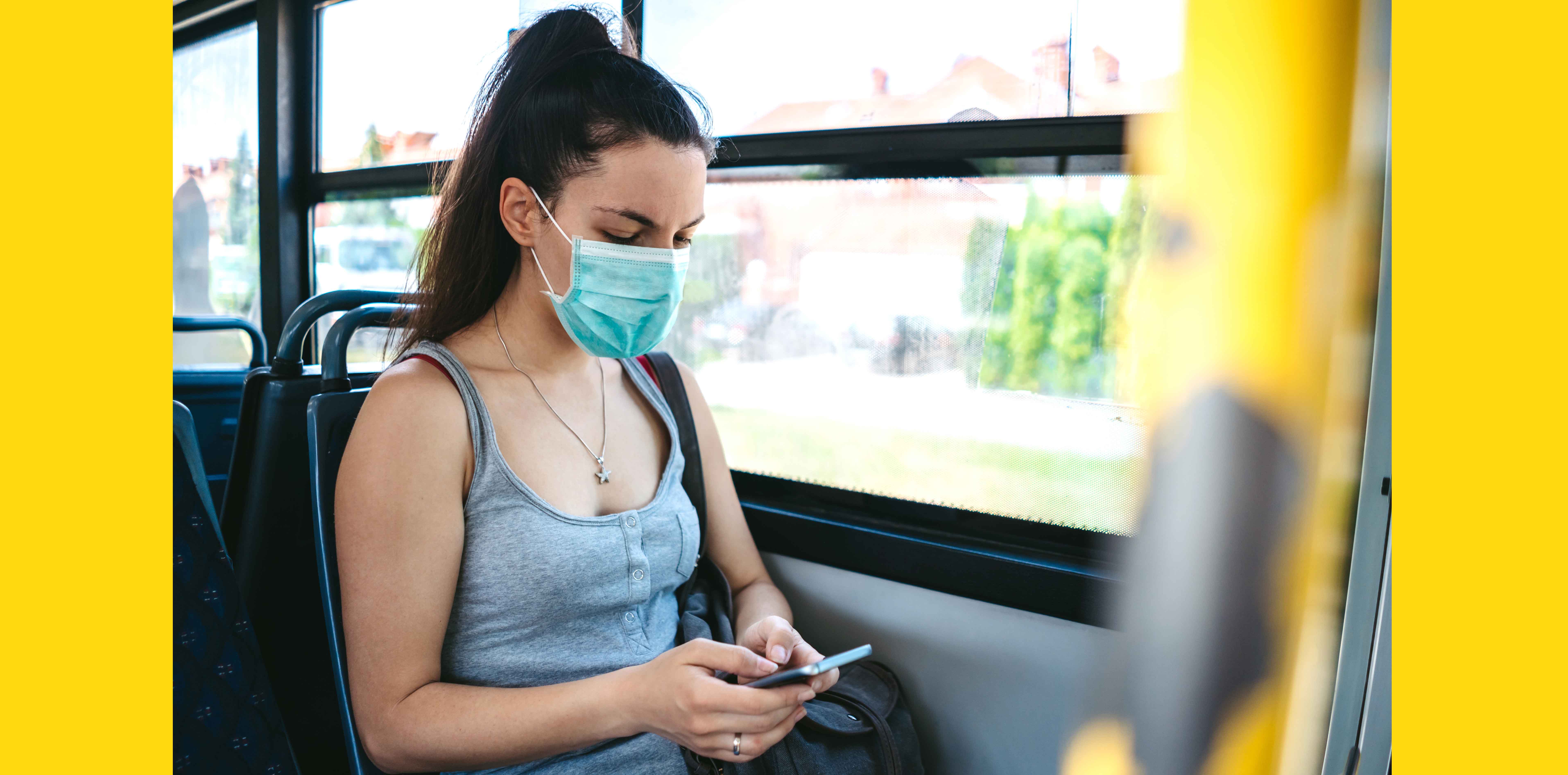Patients who are taking immunosuppressive drugs may need to take extra precautions as COVID-19 spreads more widely in the community
Patients who are taking immunosuppressive drugs may need to take extra precautions if COVID-19 spreads more widely in the community, rheumatologists say.
While there were no specific data on how the coronavirus could affect patients with rheumatic disease yet, these patients were at increased risk of infections in general so “one would suspect” that COVID-19 could pose a greater risk to this group, said Associate Professor Alistair Reid, an infectious diseases specialist and rheumatologist in Wollongong.
“It looks like the way coronavirus may be causing severe outcomes is through secondary bacterial infection and you could postulate that our patients would be more at risk for that,” he said.
At present, the main advice for patients with rheumatic disease was to practise good hygiene, such as hand washing and avoiding shaking hands, said Professor Reid, before adding: “Anything I say today might be completely different in two weeks’ time because that’s how fast this is evolving.”
If person-to-person spread becomes common in Australia, Professor Reid said he might start to advise his patients to avoid public areas with limited airflow.
“I’m certainly not advising that our patients avoid public areas at this stage,” he said. “I think that would be premature but, in the future, that might be some of the public health advice that we give our patients.
“Unfortunately, it’s a little bit unsatisfying at the moment because we have so many unknowns.”
The risk of infection is approximately double in patients taking 10 to 20mg of prednisone, and is slightly increased in patients taking biologics or conventional DMARDs such as methotrexate.
However, the risk of infection was even greater in patients with uncontrolled rheumatic disease, so patients should continue taking their medications, Professor Reid said.
Rheumatologists were always trying to reduce the dose of corticosteroids to minimise the risks of infection. But corticosteroids were not generally tapered during an acute illness because the shock to the system could be quite dangerous, he said.
“Sometimes in very sick people, we actually need to increase the steroid dose because they can’t increase their steroid dose themselves because their adrenal glands have become suppressed,” he said.
Dr Irwin Lim, a rheumatologist based in western Sydney and the editor of sister publication Rheumatology Republic, has received numerous queries from patients about COVID-19, including questions about where to source facemasks and whether to travel.
In response, his clinic has sent our three emails about the virus to patients over the past few weeks.
Signs have also been put up around the clinic asking people wait until their flu symptoms have resolved before coming in for an appointment, or to consider wearing a face mask if they are unwell and still need to attend the clinic.
In relation to travel, Dr Lim said: “We don’t really know the risk, so the best advice at the moment is to avoid any travel that you consider unnecessary.
“I am cancelling my own family’s school holiday trip to Japan even though we are not immunocompromised.”
Naomi Creek, the national coordinator of patient group CreakyJoints Australia, said patients were feeling worried about COVID-19, particularly about the potential disruption in medication supply due to factories closing in China.
While items such as toilet paper might go into temporary shortage due to panic shopping, there could be no run on prescription medications because people needed a script to buy the product and would only be given a few months’ supply at a time, Professor Reid said.


